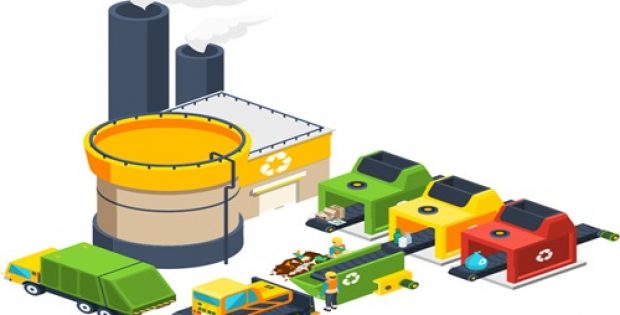The retailer will also help its customers to know and understand the garment’s sustainability and how one can reduce the impact on the environment
George, the homewares and fashion arm of the supermarket Asda, has reportedly announced that it will sell products that are made from recycled clothing and plastic bottles. This move is a part of the company’s commitment towards using only polyester which is sourced from recycled materials by 2025.

According to sources familiar with the matter, the products launching in 2019 would be including blouses and dresses made from recycled polyester clothing and cushions and throws made from recycled plastic bottles.
George, the second largest clothing retailer of UK by volume has committed that it will source only certified sustainable cotton and viscose by 2025 and also has existing commitments to 100% sustainable timber by 2020 and palm oil. Sources further added that company will also expand its work in microfibre shedding with a complete microfibre strategy to be launched later this year.
The retailer apparently will help its customers to know and understand about the garment’s sustainability and how one can reduce the impact on the environment, with more visibility of garment care and awareness how they can reuse, repurpose or recycle old clothing.
Reportedly, the company exhibits a policy of zero-tolerance towards incineration and donates the garments which are not able to be sold to non-profit organisations for repurpose.
Sources indicate that George is also looking to increase transparency in its supply chain management and will begin issuing a list of its second-tier apparel factories, which include printing, finishing garments and dyeing, on its website. It will join its first-tier factories’ existing list where the clothes are sewn, trimmed and cut.
Nick Jones, Senior VP for commercial stated that the company is the second largest retailer in the country so its their responsibility to do the right thing for their customers not only in terms of quality and price of goods, but also on the impact they have worldwide.




